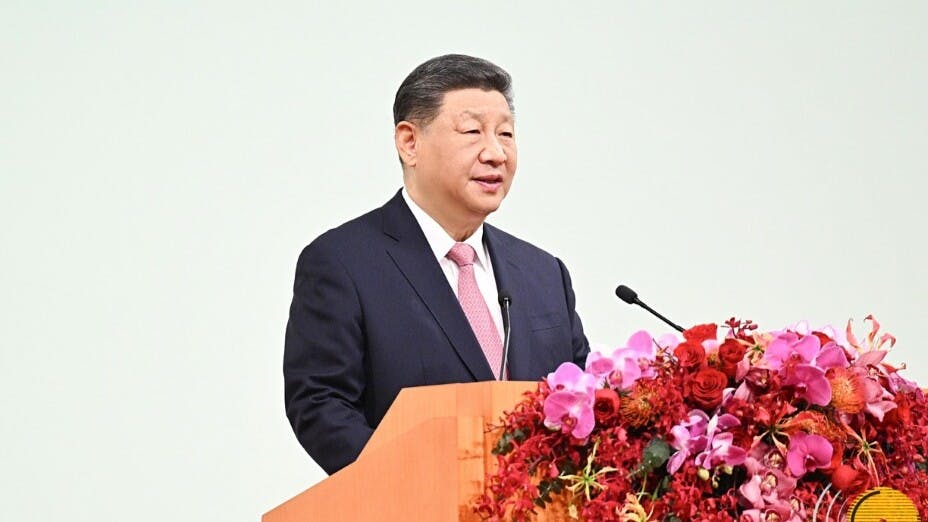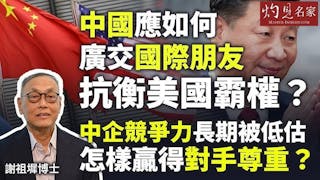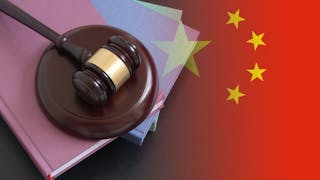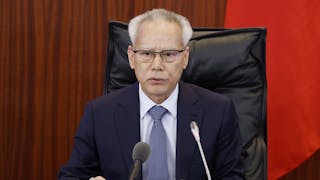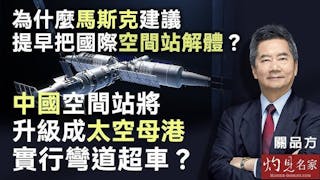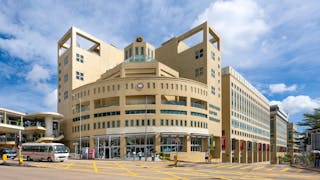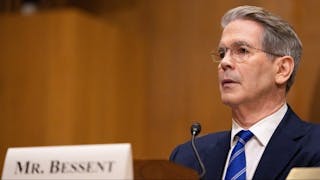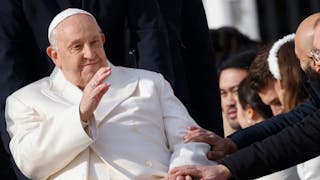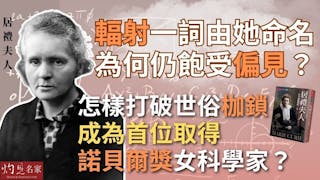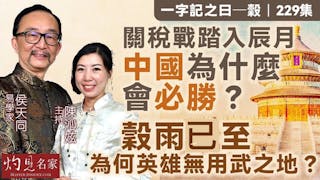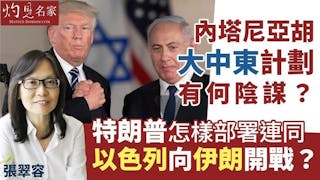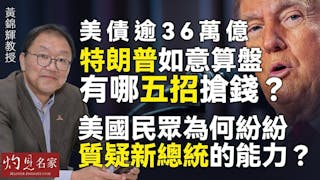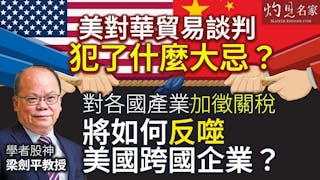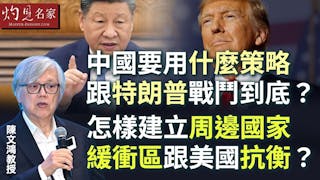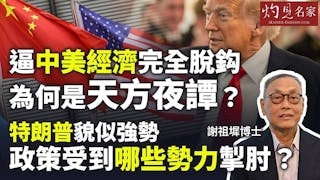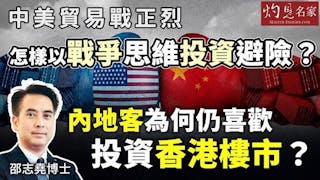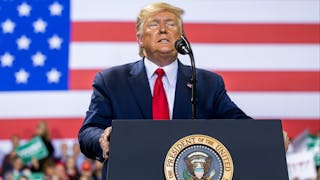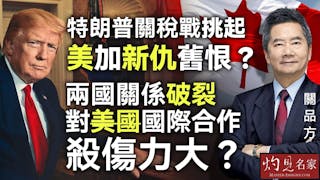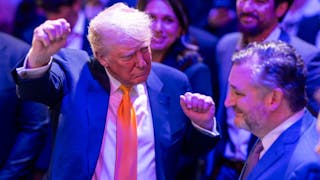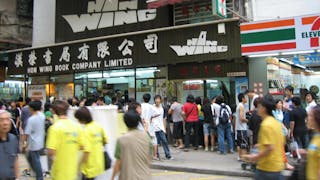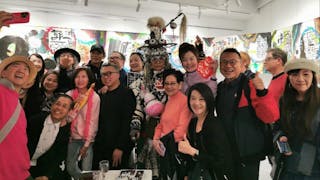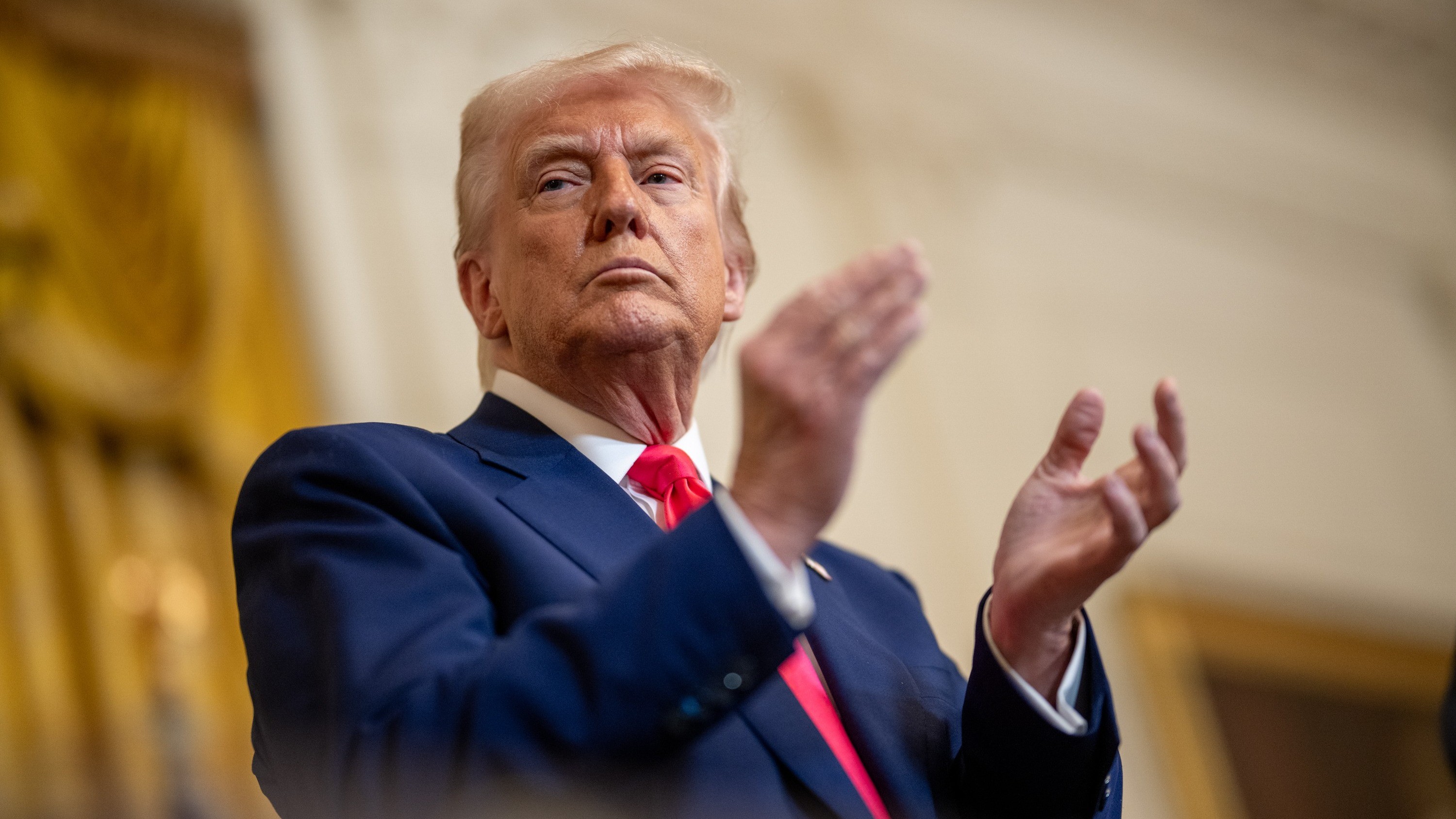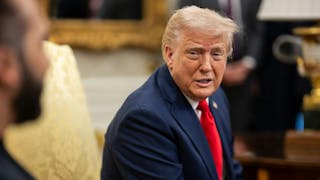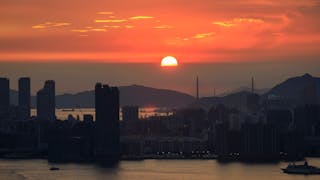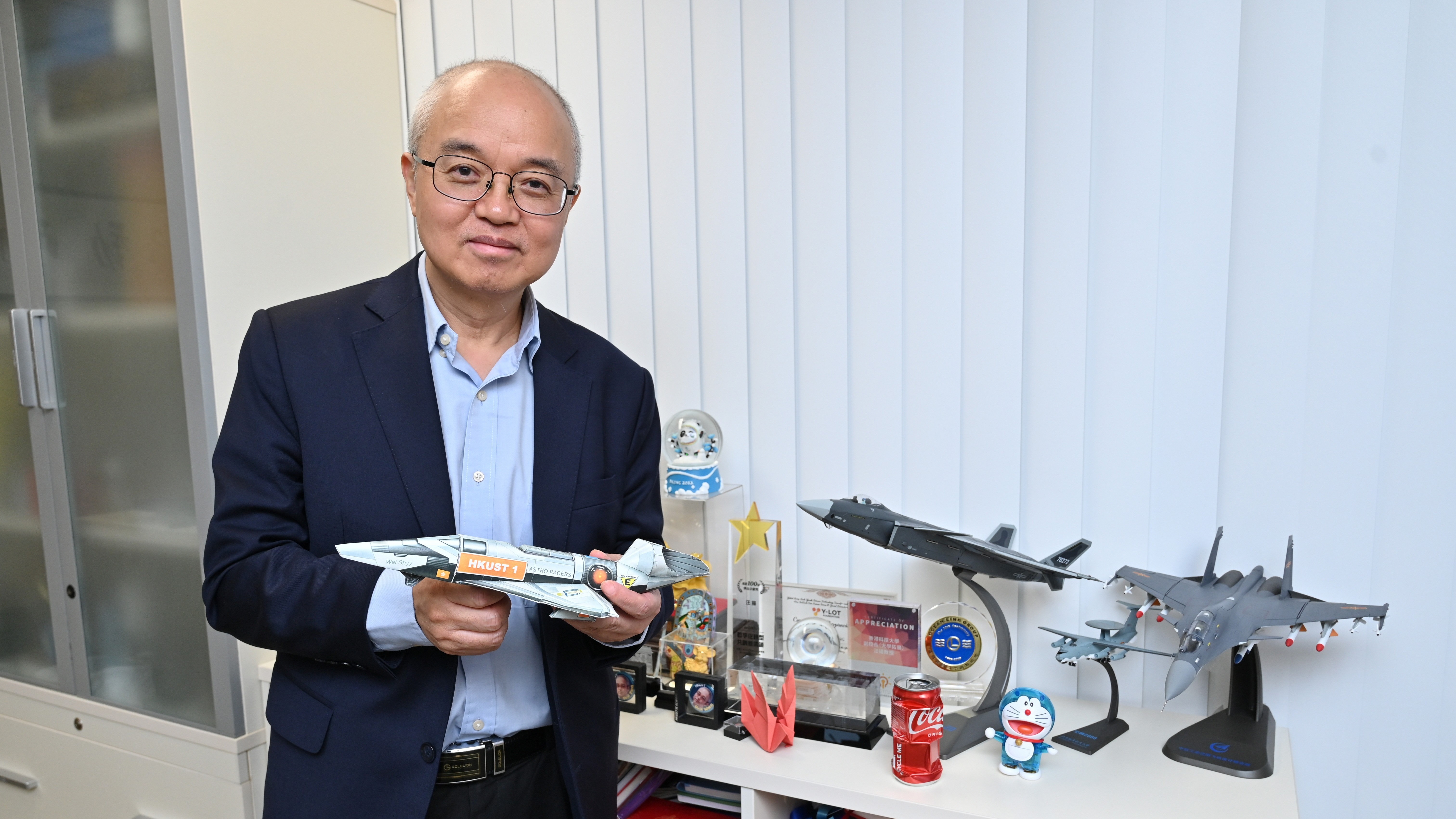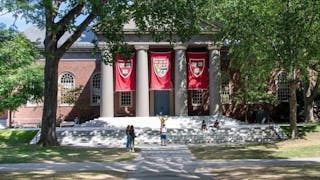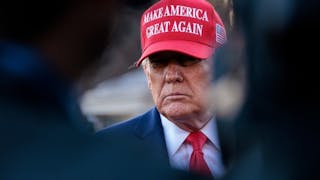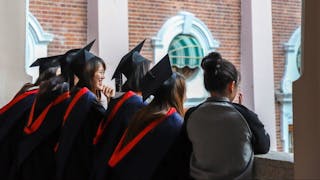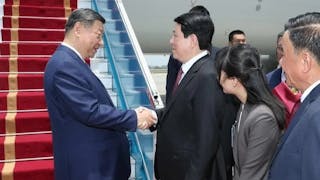習近平主席12月18日至20日訪問澳門,是澳門特區發展的重要分水嶺。在習主席的見證下,新任行政長官岑浩輝帶領新一屆政府宣誓就職儀式,而習主席的言論對澳門和香港兩個特區的發展有重大影響。
習主席肯定澳門維護國家主權、安全、發展利益的成就。他稱讚澳門在經濟社會發展、居民獲得感、幸福感和安全感都大幅增加,對外合作持續擴大,「一中心、一平台、一基地」作用日益彰顯。他也表示,一國兩制有其制度優勢與生命力,可以保障香港與澳門的繁榮與穩定。
習主席指出,一國兩制必須長期堅持,因為它有利於中國的強國建設,也是支撐中華民族復興的好制度。一國兩制蘊涵和平、包容、開放與共同價值觀的要素,這不僅是中國的共識,也是世界的共識。
他並說,一國兩制要維持香港、澳門長期繁榮穩定,是必須堅持的原則。一是要維護一國基礎,發揮好兩制優勢。換句話,維護國家主權、安全和發展利益是最重要的,從而實現核心的全面管治,任何時候都不會發生任何變化。這也意味着港人治港、澳人治澳、高度自治的原則不會改變。
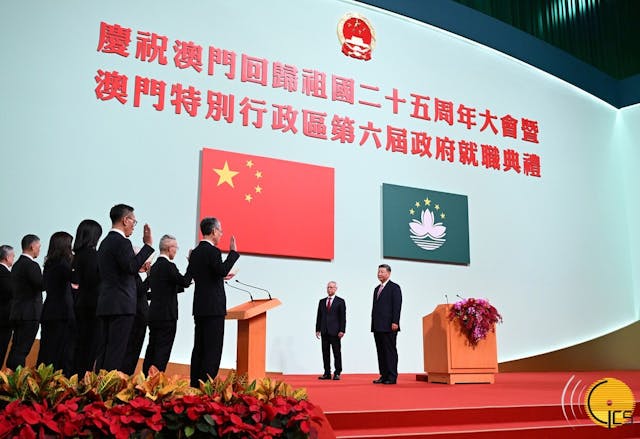
安全是發展的前提 發展是安全的保障
第二,習主席表示,澳門和香港都要保持高水準安全和高品質發展。安全是發展的前提,發展是安全的保障。要堅持保障安全、保障發展。要珍惜穩定和平的局面,專注於抓好經濟發展與建設,打造新動能、新優勢。
三是要弘揚培育獨特優勢,加強內部互動和外部溝通。澳門和香港都應該以開放的心態擁抱和推動國際聯繫,增強全球影響力和吸引力,深化和對接國家發展戰略,加快與國家發展國情相融合,更好發揮作用作為構建新發展方向的橋樑。
第四,習主席提出要弘揚澳門和香港的核心價值觀,培育包容和諧的精神。愛國愛港、愛國愛澳的價值觀,加強多元文化互動融合,增強正向力量凝聚力,爭取海外對一國兩制的支持。
習主席也提出了對澳門的四點希望。一是強調經濟多元發展,結合自身優勢與資源,重新定位及改善產業發展藍圖,加大政策支持與資金投入,培育具有國際競爭力的新興產業,推動經濟與粵港澳大灣區深度合作。
瞄準有特色產業發展重點領域
中央決定開發橫琴,就是為了實現澳門經濟適度多元化,便利澳門居民生活就業。因此,習主席指出,要瞄準有特色的產業發展重點領域,打造一批有成效的工程和標誌性項目。澳門也應該積極參與大灣區建設,重組優質資源,深化合作發展,統籌推廣教育、科技和人才融合發展,引進培養各類人才,打造粵港澳大灣區發展高地。
二、澳門必須增強施政能力,以負責任的態度將法治與施政結合起來,適應經濟社會發展的需要和要求,完善各項機制的法律法規,深化公共部門改革進程完善體制機制,改革執政理念,轉變執政方式,鞏固宏觀領導和協調,建立高效能幹的政府,激發社會發展潛力和巨大活力,並且改善公共政策諮詢機制,提升決策科學性、民主化和法治水準。澳門政府必須是健康地運作,包括與立法會的協調。嚴格執行法律,改善司法體系,提高司法效率,並保障法治。推動公務員改革和管理;治理團隊管理必須加強;廉潔執政機制有待改善。
第三是提高澳門對外開放平台作用,提升澳門對外開放平台作用,提升澳門在中華民族對外開放中的作用。具體來說,澳門要對接國家重要戰略規劃,提升國際競爭力,加大對外開放力度,促進與葡語國家的互利合作、優勢互補,積極參與一帶一路高品質發展。
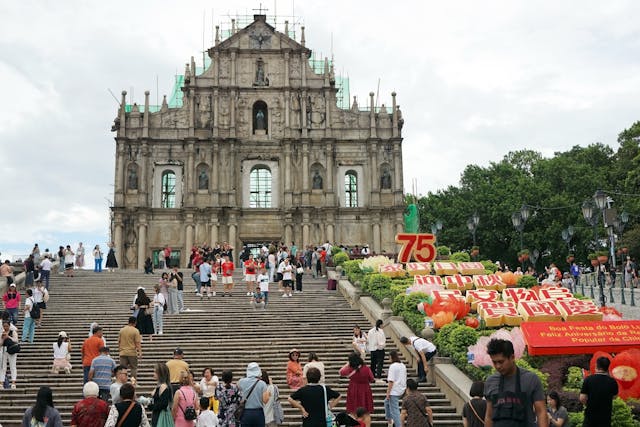
拓展國際朋友圈 改善營商環境
澳門要拓展國際朋友圈,成為國家高品質開放的重要橋頭堡,改善營商環境,改革民事法律制度,激發市場活力,吸引更多資源,發揮東西方文化介面作用,促進國際文化和人文交流,向世界講好澳門故事、講好中國故事,成為東西方文化互鑑的重要窗口。
第四,澳門要維護社會穩定與安全,建立危機意識,防範各種風險與狀況,始終維護國家安全與澳門穩定,促進社會調節與調解政府與社會的關係,透過公民參與促進互動。社會群體發展,築牢基層治理基礎,堅持以人民為中心,解決居民心中最迫切的問題和關切,創造更多發展機會為他們創造更公平的社會環境,不斷實現公民對美好生活的嚮往。
顯然,我們大力鼓勵澳門和香港融入大灣區。在這方面,澳門與橫琴深度合作區的協調融合要快得多,而香港不僅要加快北部都會區的發展,還要與深圳等地的基礎設施更加緊密地融合。在中央政府的允許下,大力鼓勵澳門和香港擴大國際關係和影響力。澳門要面對葡語國家,香港則要面對一帶一路沿線國家。
總而言之,正如習主席所言,澳門和香港都應該成為一國兩制的有效落實者、國家安全和主權的維護者,一帶一路倡議的推動者。最重要的是,現在是澳門和香港在中央政府的全力支持下發揮軟實力,宣傳一國兩制的寬容價值觀的時候了。這意味着北京未來數月乃至數年,將很快對台灣宣示台版一國兩制的吸引力。
President Xi Jinping’s remarks on Macau and Hong Kong and their implications
President Xi Jinping’s visit to Macau from 18 to 20 December 2024 marked an important watershed for the development of the Macau Special Administrative Region (MSAR), for it not only characterised the swearing-in ceremony of the new government led by new Chief Executive Sam Hou Fai, but his remarks on both Macau and Hong Kong have significant implications for the development of the two SARs.
President Xi, on 20 December, affirmed the success of Macau in safeguarding national sovereignty, security and development interests. He praised Macau for making a historical record in developing the economy and society and enhancing the sense of happiness among the residents. Moreover, Macau has enhanced its relations with other countries. He also said that the “one country, two systems” has its systemic advantages and vitality and that it can protect the prosperity and stability of Hong Kong and Macau. The “one country, two systems” will have to persist in the long run because it serves the construction of China as a strong nation and also because it is a good system in support of the Chinese renaissance. According to President Xi, the “one country, two systems” entails the elements of peace, tolerance, openness and joint values, which are shared not just by China but also the world.
The Chinese President added that for the “one country, two systems” formula to maintain the long-term prosperity and stability of Hong Kong and Macau, four principles will have to be retained. First, the basis of “one country” has to be maintained, and the advantages of “two systems” have to be utilised well. In other words, the protection of national sovereignty, security and development interests is of utmost importance, thereby implementing the centre’s “comprehensive jurisdiction” without any change at any time. This also means that the principles of “Hong Kong people governing Hong Kong,” “Macau people governing Macau,” and “a high degree of autonomy” will not be changed.
Second, President Xi said that both Macau and Hong Kong will have to maintain a high level of security and a high level of quality development. Security is the basis of development, which in turn is the protection of development. It is necessary to persist in the protection of security and development. The phenomenon of stability and peace has to be cherished, while focusing all energies on economic development, construction and the creation of new momentum and new advantages.
Third, he added that unique advantages have to be promoted and fostered, strengthening internal interactions and external communications. As such, both Macau and Hong Kong should adopt an open acumen to embrace and propel international connections, increase global influences and attractiveness, deepen and connect with the nation’s developmental strategy, accelerate the integration with the nation’s developmental circumstances, and play a much better role as a bridge in constructing new developmental directions.
Fourth, President Xi said that the core values of both Macau and Hong Kong should be promoted, and the spirit of tolerance and harmony should be fostered. Furthermore, the values of loving the nation and Hong Kong, loving the nation and Macau, and increasing multicultural interactions and integration, enhancing the cohesion of active forces, and drawing out overseas support for “one country, two systems” should be delineated, cherished and maintained.
It is time for both Macau and Hong Kong, with the full support of the central government in Beijing, to exercise their soft power in propagating the tolerant values of “one country, two systems”.
President Xi also outlined his four expectations for Macau. First, Macau should promote economic diversification, incorporate its own advantages and resourcefulness, reposition itself and improve its industrial developmental blueprint, increase its policy support and capital investment, cultivate new industries that have international competitiveness, and promote economic coordination with the In-depth Cooperation Zone with Hengqin. Macau should target the key areas of industrial development with uniqueness for the sake of generating a batch of effective engineering and signature projects. It must be noted that, according to President Xi, the central government’s determination to develop Hengqin aims at achieving suitable economic diversification for Macau and facilitating the life and employment of Macau residents. As such, Macau should, according to Xi, grasp this repositioning well and cannot develop industries not in conformity with the targeted industrial projects. Macau should also actively participate in the construction of the Greater Bay Area, reorganise its quality resources, deepen cooperation and development, coordinate and promote the integrated development of education, technology and talents, import and cultivate all kinds of talents, and create a highland for the aggregation of international and high-end talents.
Second, Macau must increase its governing capacity, integrate its rule of law with governance in a responsible manner, adapt to the needs and requirements of economic and social development, perfect the laws and regulations of various mechanisms, deepen the process of public-sector reforms, improve institutional structures, reform the governing mentality, change the style of governance, consolidate macro-level leadership and coordination, establish an efficient and competent government, and stimulate the developmental potential and huge vitality of society. Moreover, the public policy consultation mechanism has to be improved, while elevating scientific policymaking, democratisation, and the standards of the rule of law.
The government of Macau has to be healthy, including coordination with the Legislative Council. The law has to be implemented strictly, the judicial system has to be improved, judicial efficiency has to be elevated, and the rule of law has to be protected. Civil service reform and management have to be promoted; the management of the governing team has to be consolidated; and the clean governing mechanism has to be improved.
President Xi’s speech on Macau focuses on the aspects of economic diversification, the enhancement of governing capacity, the expansion of Macau’s international influences, and the necessity for Macau’s governing elites to imbue crisis consciousness and a clear sense of how they can and should govern society.
Third, Macau has to elevate its role as an open platform externally and to a high standard, thereby promoting its function in the Chinese nation’s external openness. Specifically, Macau should connect with the nation’s important strategic planning, elevate its international competitiveness, increase its openness to the world, promote mutual cooperation and advantages with the Portuguese-speaking countries, and actively participate in high-quality development in the Belt and Road Initiative.
As such, Macau has to expand its international friendship circle so that it will become an important bridgehead for China’s high-quality open-door policy, improving the city’s business environment, reforming its civil and legal system, stimulating market vitality, attracting more resources, playing its role as an East-West cultural interface, promoting international cultural and human exchanges, telling a good story of Macau and also China to the world, and becoming a crucial window in the mutual learning of East-West cultures.
Fourth, Macau must maintain its social stability and peace, adopting crisis consciousness to prepare for any risks and scenarios, maintaining consistently national security and Macau’s stability, promoting social regulation and mediation in the relations between the government and society, promoting mutual interactions through citizen participation, shaping and regulating social group development, building up a strong foundation of grassroots-level governance, insisting on the principle of treating the people as the central basis, solving the most urgent issues and concerns in the minds of the residents, creating more developmental opportunities for them, generating a more equitable social environment for them, and persistently realising the citizen aspirations for a good life.
The speeches delivered by President Xi Jinping in Macau cover not only the operational details of the “one country, two systems” but also the delineation of how Macau’s governing capacity can be enhanced internally and how its external influences can be promoted externally.
His speech on “one country, two systems” reiterated the importance of protecting the national security, sovereignty and developmental interests of China. The new elements in his elaboration include the encouragement of both Macau and Hong Kong to enhance internal and external interactions and to promote the values of “one country, two systems” as a “tolerant” system. Obviously, both Macau and Hong Kong are strongly encouraged to integrate with the Greater Bay Area – Hengqin in the case of Macau and Shenzhen in the case of Hong Kong. In this aspect, Macau is much faster in its coordination and integration with the In-depth Cooperation Zone in Hengqin, whereas Hong Kong has to do more in not only speeding up the development of the Northern Metropolis but also the closer infrastructure integration with Shenzhen and Qianhai. Both Macau and Hong Kong are strongly encouraged to expand their international relations and influences, as allowed by the central government in Beijing. Macau must target the Portuguese-speaking countries, while Hong Kong must reach out to those countries along the Belt and Road Scheme.
President Xi’s speech on Macau focuses on the aspects of economic diversification, the enhancement of governing capacity, the expansion of Macau’s international influences, and the necessity for Macau’s governing elites to imbue crisis consciousness and a clear sense of how they can and should govern society. No Chinese leader in the past has really spelt out in detail what and how Macau should do during its 25th anniversary of the return of administration from Portugal to China since 20 December 1999. President Xi Jinping’s speech in Macau really marked a new beginning in the process of turning the cities of Macau and Hong Kong “from governance to prosperity,” especially Hong Kong after a period of “turning chaos to governance.”
The emphasis on both Macau and Hong Kong’s dual roles of enhancing internal integration with the mainland and expanding their international influences is a new one, reflecting the central government’s national planning and strategic blueprint for the two SARs. The two SARs should no longer be restricted to their own internal development without looking at and implementing the central government’s strategic planning and foreign policy directions.
In conclusion, both Macau and Hong Kong are expected, as President Xi Jinping said, to be the effective implementers of “one country, two systems,” the protectors of China’s national security and sovereignty, the facilitators of Beijing’s Belt and Road Initiative through more assertive foreign interactions and international outreach, and the guarantors of effective governance with a high degree of autonomy and legitimacy. Most importantly, it is time for both Macau and Hong Kong, with the full support of the central government in Beijing, to exercise their soft power in propagating the tolerant values of “one country, two systems,” with an important implication that Beijing is turning to strengthen its appeal to Taiwan for the Taiwan model of “one country, two systems” very soon in the coming months and years.
原刊於澳門新聞通訊社(MNA)網站,本社獲作者授權轉載。(原文按此)



